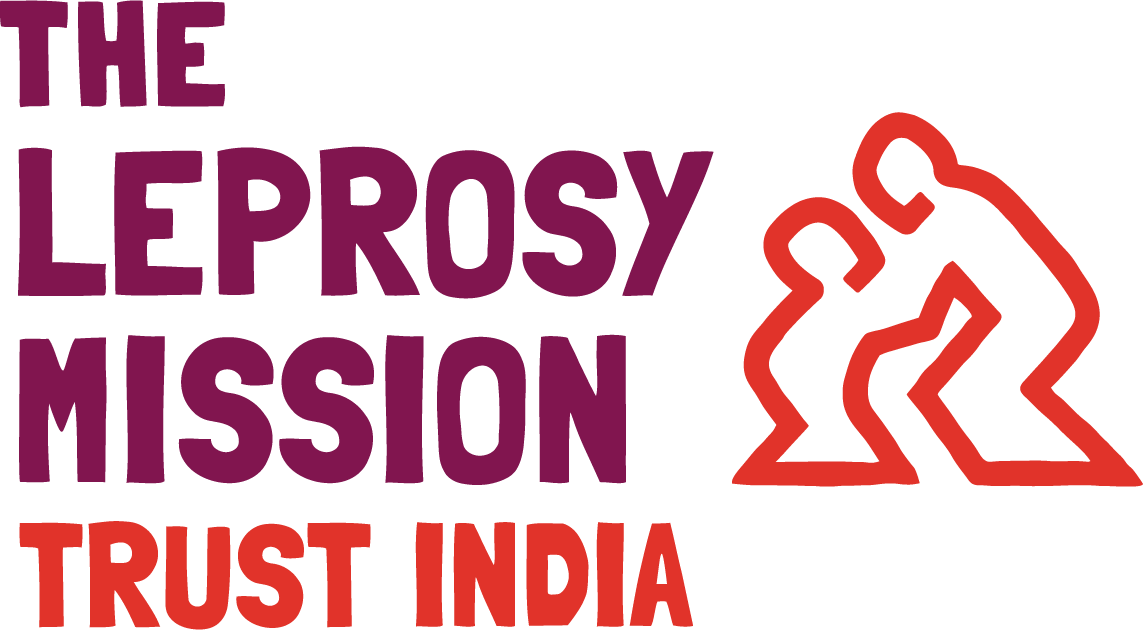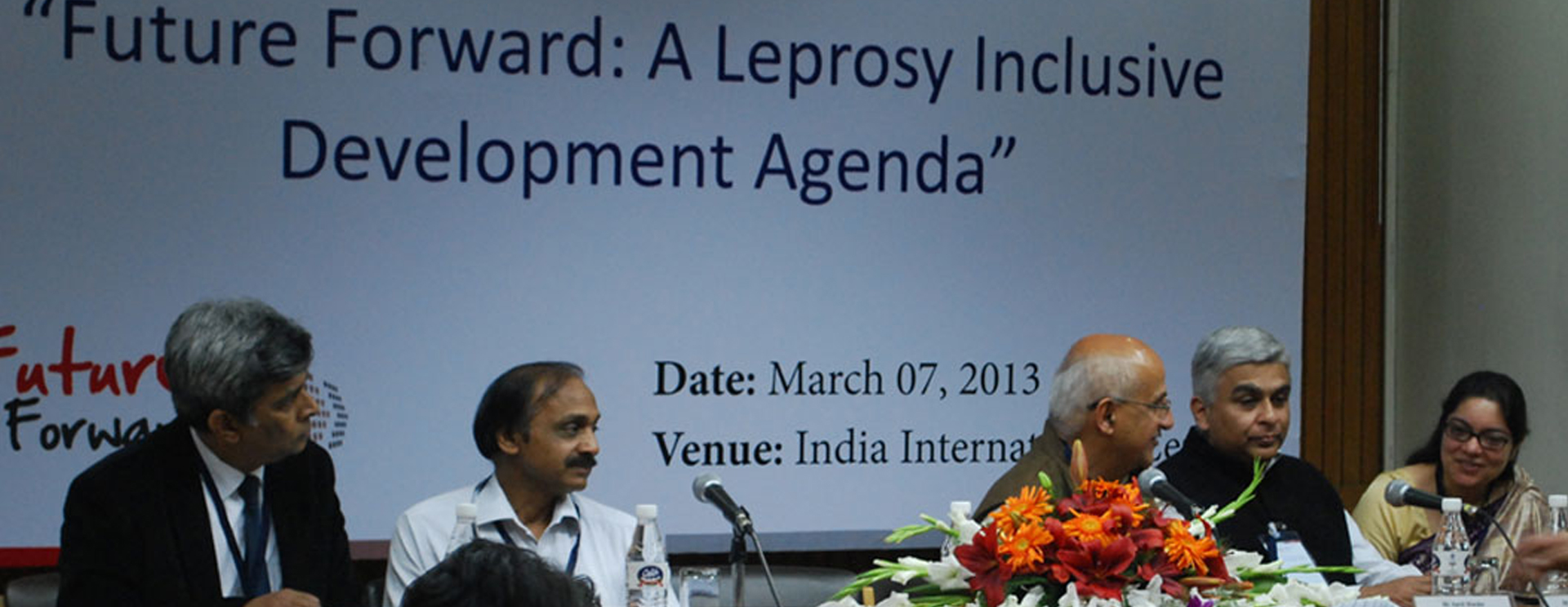For a Leprosy-Inclusive Development Agenda
A positive, progressive policy environment is long-overdue for leprosy
The Leprosy Mission Trust India addresses the development needs of people affected by leprosy through a rights-based approach. It builds the capacity of people affected by leprosy/disability in forming and managing people’s organisations for collective action. It engages with government agencies for creating an enabling policy and legislative environment for people affected by leprosy to live as equal citizens of the country.
With a population of more than 1.3 billion, India is the second-most populous country in the world. More than 120,000 new cases of leprosy are diagnosed every year in India, and India accounts for 57.68% of the global leprosy burden. It is estimated that there are over 12 million people affected by leprosy in India. People affected by leprosy continue to be excluded from the mainstream due to the stigma attached to the disease.
The Leprosy Mission Trust India’s (TLMTI’s) Advocacy programme addresses the issue of inclusive development of people affected by leprosy by influencing policies and practices involving those affected by leprosy and other disabilities. It uses innovative communication methods to influence social knowledge and attitudes on leprosy and other disabilities.
TLMTI understands advocacy as an act of supporting or arguing in favour of, or against a cause, policy or idea. It is undertaken to influence, enact or change legislation and public policy.
This is done for equitable distribution of resources and inclusion of people affected by leprosy and other disadvantaged groups in the mainstream. TLMTI believes in collaborative advocacy that can bring successful consensus-based resolutions.
For effective implementation, the programme is divided into two sub-programmes, namely:
At TLMTI
- We are committed to creating meaningful dialogue with relevant stakeholders for holistic inclusion of people affected by leprosy.
- We recognise the need for creating awareness at every level as misinformation t and misunderstanding about the disease leads to situations of discrimination.
- We acknowledge that active participation of people affected by leprosy advocating for their own cause is essential, hence we work to build their capacity and promote their participation at relevant forums and organisations for collective action.
- We are working to address the issue of discriminatory laws at all levels, including the UN.
TLMTI uses collaborative means of advocacy as a tool to convince people, especially those in power, regarding the need for a change in the status quo on leprosy in India. When we work collaboratively, we can bring transformative change.
To achieve this, TLMTI’s Advocacy programme adopts a two-pronged approach:
- Working with the government as its knowledge partner to incorporate the issues faced by people affected by leprosy and address their concerns.
- Empowering people affected by leprosy, their families and communities to become the agents of the change they desire to see.
Through this approach, TLMTI aims to bring about a positive change in the formulation of policies and their implementation. This is done through the processes of research, influencing, and raising awareness through the media. TLMTI’s advocacy efforts include dissemination of qualitative, quantitative and verifiable data on leprosy, it’s status and its impact on the lives of people affected by the disease; developing communication materials, including films and documentaries; engaging with various stakeholders; and consultations.
Advocacy in TLMTI is a cross-cutting function and is carried out through its Country Office, institutions and projects spread across nine states of India, namely:




 Policy-Level Advocacy
Policy-Level Advocacy Campaigns
Campaigns